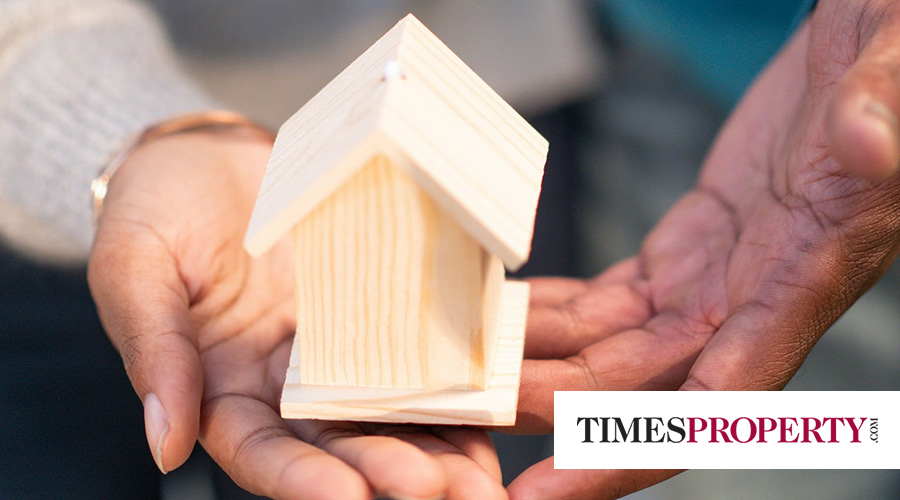Is It Better To Buy A Small Home First?
Source: Times Property https://bit.ly/3fHrkUc
As a first-time buyer,choosing between a small home or a big one can be a difficult decision.However,here’s why a compact home as your first real estate purchase can work in your favour
Every journey begins with a small step. Make it about your first home too, particularly, if you’re just beginning your career or entrepreneurial venture. A small-sized home in Mumbai usually comprises a one room kitchen (1-RK), a studio, or a compact 1-BHK. As a starter home, any of these options can work well for young buyers who are single, newly married, or have a small family.
A compact starter home can be a great first investment. Here are a few perks of buying a small first home:
Affordability: Not only are these homes more affordable to buy than the larger ticket sizes, it’s also easier to repay the equated monthly instalments (EMIs) if you are borrowing a home loan for it, without having to use your savings for the down payment.
Low property tax: If the location of your compact home is away from the premium areas in the city, as most homes this size are, you will have to pay a low property tax.
Low maintenance: A small home means you conserve energy and save on its upkeep. This is because a small home uses less power for air conditioning which is usually a power guzzler.
Cost-effective interior decoration: A smaller house means minimal expenses for interior decoration. Bulky and expensive sofa sets are out and affordable yet elegant options like a sofa-cum-bed or futon are sought after.
Future source of income: When you do upgrade to a bigger house in a few years, you can sell the first home or rent it out to a small family or an individual. There will always be a market for a compact home for those starting their career.
Save on rent: If you’ve been shelling out a tidy sum on renting a small home, you might as well buy one and channel the rent towards the EMI if you’re taking a home loan.
If you choose to retain your first home and rent it out to gain rental income from it, you could pay off your EMIs on the home loan for the new house from the rent earned. You could also borrow a loan against the property. Besides the budget, it pays to factor in additional costs that come with a larger home such as stamp duty, registration, more property tax if it’s in a plush locality, larger maintenance component, higher utility charges, etc.
While buying a small home makes sense if you feel that a chunk of your earnings is being consumed by rent, it’s prudent to weigh the pros and cons before making a decision.

